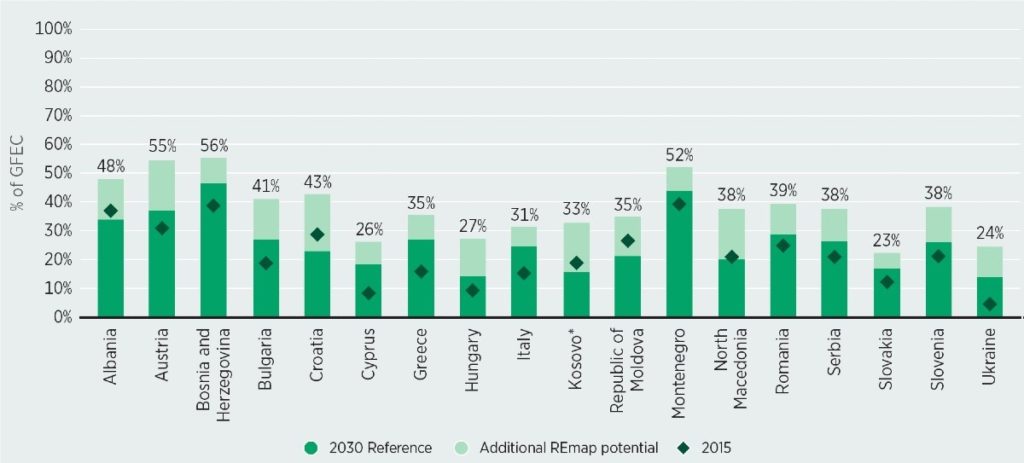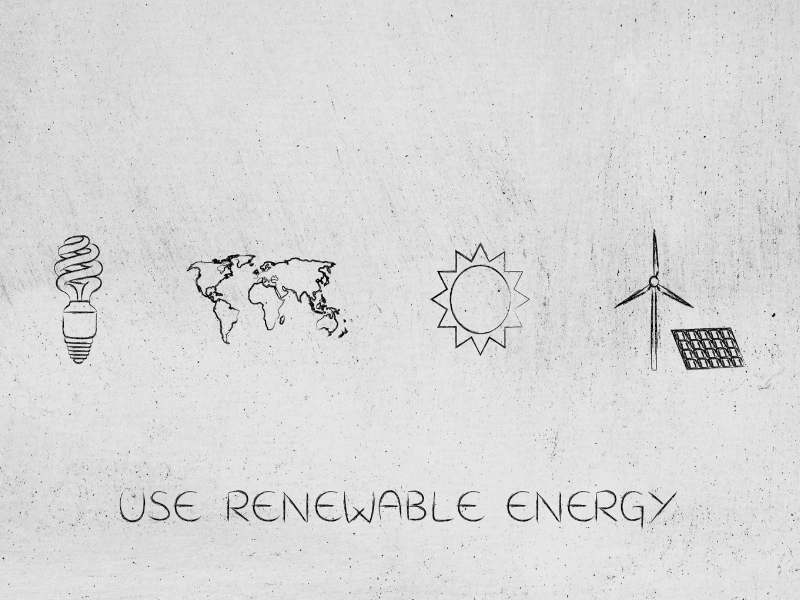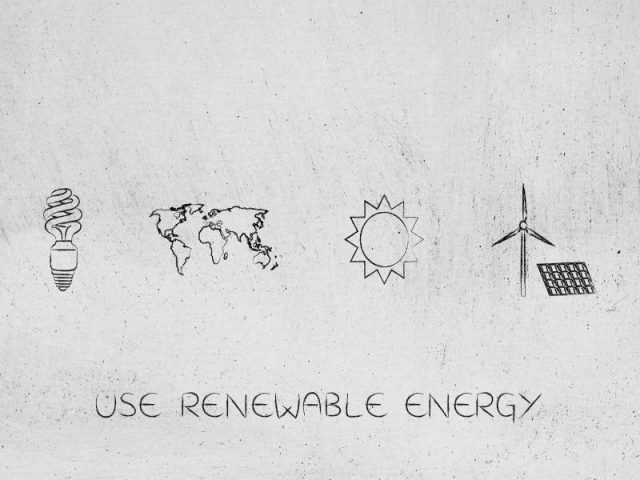The International Renewable Energy Agency (IRENA) has released a new report exploring the cost-effective growth of the renewable energy market in Central and South-Eastern Europe.
The report covers the impact of the renewable energy market on the economies of countries within the region. According to the study, within ten years the economies of Central and South-Eastern Europe could cover 34% of their rising energy demand cost-effectively with renewables.
The region could save CESEC citizens an estimated €3 billion ($3.5 billion) per year in energy costs by 2030, states the report.
Furthermore, the economic value of avoided health, environment and climate damage could push total benefits to society up to €35 billion ($41.2 billion) per year in 2030.
IRENA says the region requires additional investments of €78 billion ($91.9 billion) between now and 2030 in order to enable CESEC members to build an energy system that is substantially less reliant on imported fossil fuels while delivering energy at competitive costs.

Accelerating renewables adoption could help the region to cut additional greenhouse gas (GHG) emissions by 21% beyond planned policies – comparable to today’s total emissions of Romania and Bulgaria combined.
By stepping up capacity, the share of renewables in the energy mix in CESEC members would reach 23% to 56% in 2030.
By placing energy transition investments, regulations and policies at the heart of the region’s economic development, policy-makers can simultaneously alleviate the socioeconomic impact of the COVID-19 pandemic, stimulate green recovery and sustainable job creation, and accelerate the transformation of the energy sector.
Related articles:
OLADE and IRENA partner to drive green recovery in Latin America
Majority of renewables cost less than the cheapest energy generated from coal
“Central and South Eastern Europe have tremendous potential for renewable energy,” said Francesco La Camera, director-general of IRENA. ”Renewables also provide countries with a cost-effective way out of fossil fuels and towards a modern, resilient and sustainable energy future.”
Kadri Simson, European Commissioner for Energy added: “The benefits from investing in renewables at this time of recovery are significant – for the economy, for the consumers and for the environment. As highlighted by the IRENA report, focusing on solar, wind and hydropower would create local green jobs and allow the region to gain from closer energy cooperation.”
IRENA has called for the development and implementation of policies favouring the acceleration of renewable energy technologies. The organisation has also called for the mobilisation of the required investments and close cooperation by governments and energy stakeholders.
Read more about the report.



